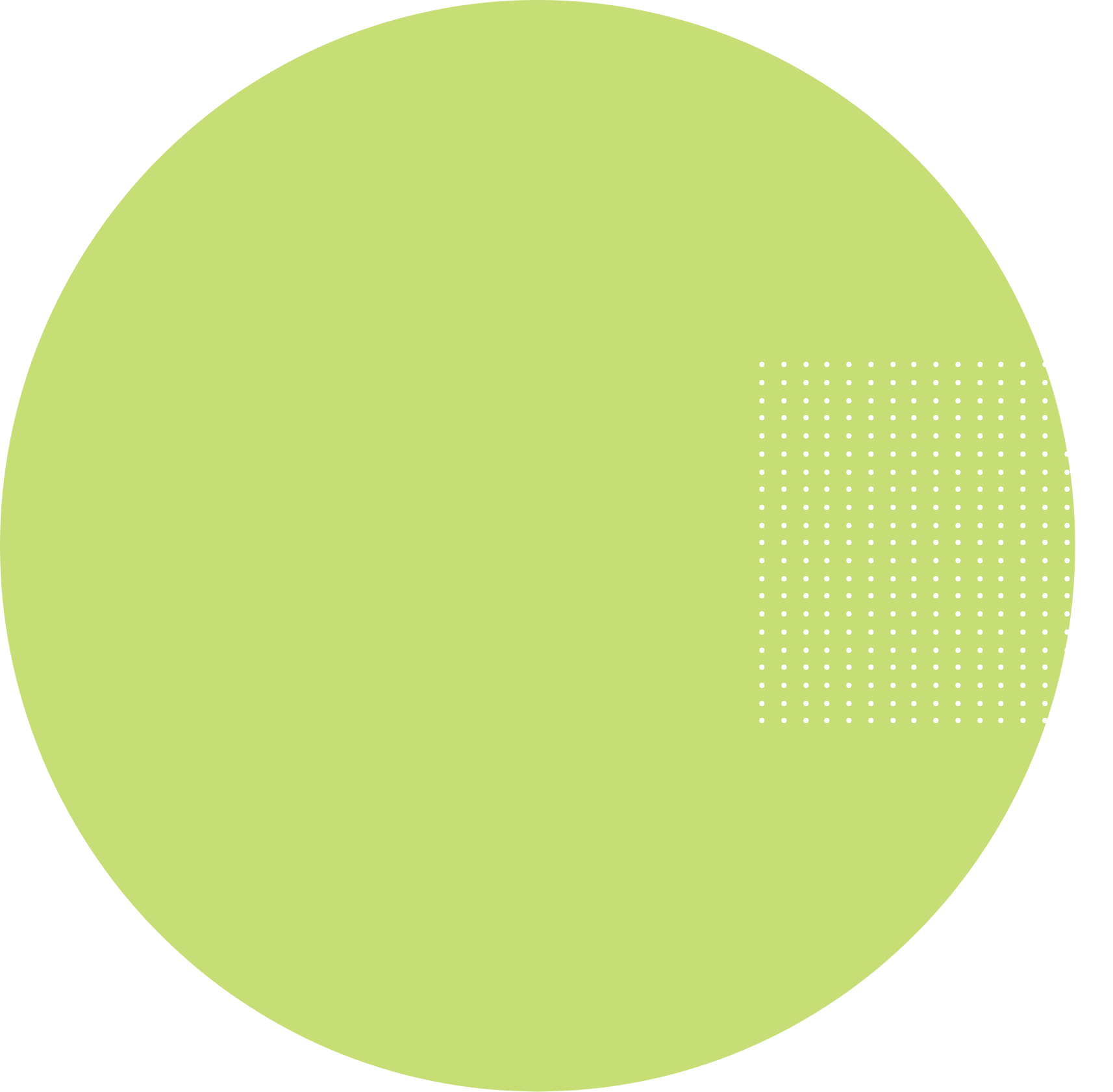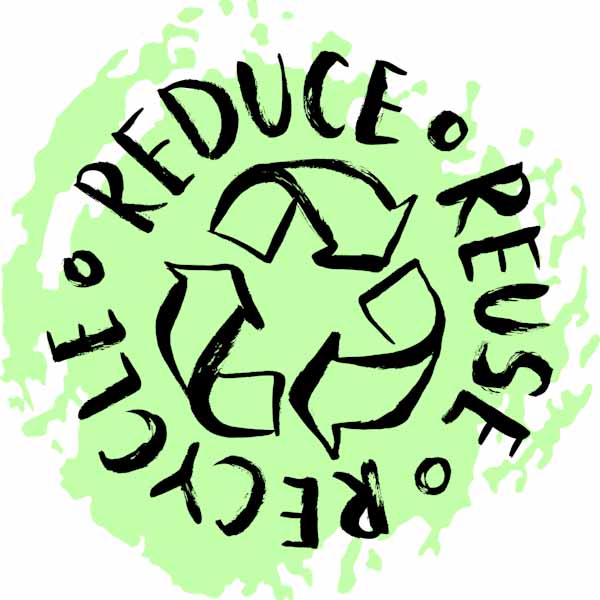
In February 2021, France passed a new law known as the AGEC (Anti-Gaspillage et pour l’Economie Circulaire) law, which aims to reduce waste and promote a circular economy.
What is AGEC?
Brands and retailers in France will have heard of AGEC (Anti-Gaspillage et pour l’Economie Circulaire) law sometimes referred to as the French Anti-Waste law. Introduced in 2020 the law aims to support the transition to a less wasteful and more circular economy.
It has a number of short, medium and longer terms objectives that are designed to encourage business across multiple sectors to minimise waste and adopt circular behaviours. The encouragement is framed as either prohibited actions or incentives; including measures to reduce the use of single-use plastic and encourage recycling.
What are the main objectives of AGEC law?
- The elimination of single-use plastic packaging by 2040
- Providing the consumer and waste contractors with better information
- Limiting waste creation, promoting re-use, recycling and repair
- Elimination of planned obsolescence
- Improving production techniques and resource management through design
Who AGEC law applies to
AGEC law applies to goods sold in French territory.
Calculation of incorporated recycled content for the AGEC Product Sheet relating to environmental qualities & characteristics
As part of France’s AGEC law (Anti-Waste Law for a Circular Economy), manufacturers and brands are now required to disclose information about the amount of recycled materials used in their products. This requirement necessitates that the total mass of the product and the mass of the recycled materials be measured to calculate percentage of total recycled content incorporated. The result should then be displayed on a Product Sheet of Environmental Qualities and Characteristics for customers to view. Compliance with this decree is not only a regulatory necessity but also a step towards promoting transparency and environmental responsibility to customers.
Eurofins, a global leader in environmental testing and sustainability assessments, offers specialised services to assist companies in meeting this requirement. With extensive experience in performing environmental footprint calculations, Eurofins can guide manufacturers and brands through the process of determining the total mass of their products and the recycled materials they contain according to Product Environmental Footprint Category Rules (PEFCR) standards. This ensures that companies not only comply with French regulations but also contribute to a more sustainable future by accurately reporting the environmental impact of their products to their customers.
- AGEC Strategy Roadmap – support with understanding the AGEC decrees that affect your products
- AGEC Product Sheet Readiness Assessment – assistance with understanding AGEC decree 2022-748, including identifying your product information gaps
- Compostability – various biodegradability, disintegration and compostability testing services
- Biodegradability testing
- Chemical testing – for the presence of hazardous chemicals
- Traceability – through supply chain mapping
- Microplastic testing – quantification and identification
- Life Cycle Analysis – providing detailed measurements and metrics to compare product impacts
- Endocrine disruptor testing service – comprehensive testing to identify the relevant endocrine disrupting properties in your products, ensuring they meet France’s regulatory standards
All services
Our services
Why Eurofins Sustainability Services?
We are a leader in providing sustainability metrics and measurements in the form of testing, audits and analysis across a variety of business sectors.
We have expertise across sectors that includes food, agriculture, environment, materials, engineering, life sciences, construction, electronics, consumer products, cosmetics, packaging, clothing and footwear.
Our sustainability services are offered globally through our team of around 63,000 employees working out of more than 950 laboratories in over 1,000 companies and 60 countries


